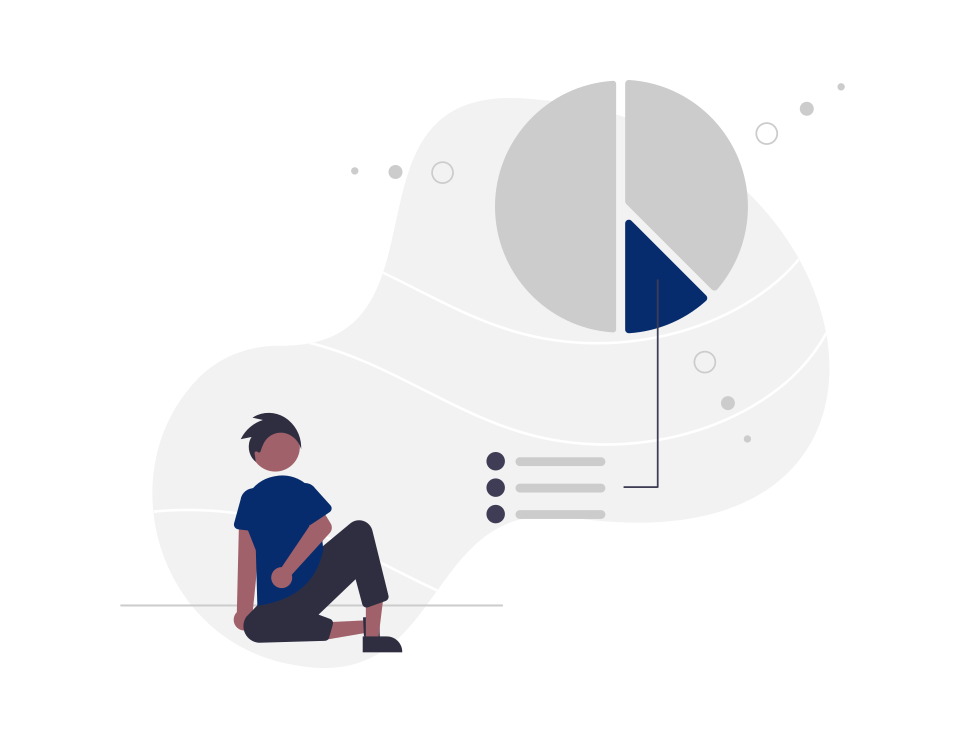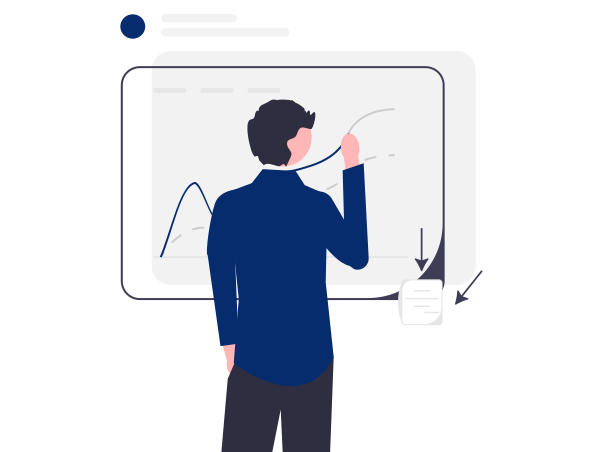I am fascinated by our ability to think about the future.
How is it possible to think about the future? What do we think about? How are future thoughts related to the goals we have in life? What influences our future thoughts? What techniques and tools are useful to achieve a goal we have in the future?
These are some of the questions I am curious about. The aim of my research is to advance our understanding of future thought. In my research, I examine how we think about the future and how this is related to the goals we have in our personal life and the goals we have as a collective, e.g., a group of people, a team, an organization, or nation. Moreover, I investigate factors that might affect this relation such as temporal perspective, COVID-19 pandemic, well-being, uncertainty, or cultural life scripts.
Focusing on the applied value, I am striving to use our knowledge of future thought to support people attaining the goals they are striving for in their life. Furthermore, I am passionate about applying this knowledge also on supporting people to not only attain their personal goals but also goals of the collective (e.g., a team, organization). Here, I am exploring ways to engage individuals in behavior that affects the health of our planet and our own personal health.
Research projects

Retrospective future thinking
Usually, we think about the future prospectively, looking forward in time: Imagining what might happen tomorrow or in a week from now. What happens if we imagine the future as if it had already happened? In my Master’s thesis, I have developed the method of Retrospective Future Thinking and have implemented it during my doctoral training. We have shown that it does matter from which perspective we think about the future: Forward or backwards. The next step is to find out whether it not only changes what we have in mind but whether it also affects how we move towards our goals.
You can find more details about Retrospective Future Thinking here.
Future thoughts during COVID-19
The COVID-19 pandemic has changed the lives of many. In this project, we have investigated how future thoughts and goals were affected during the COVID-19 pandemic. We compared data collected during the pandemic with data collected just before the global outbreak of the COVID-19 virus. Furthermore, we were interested in how the way we think of goals and events might be altered by our well-being. This work is currently under peer-review in an international journal. All material is available on the Open Science Framwork (here).


Short-term and long-term goals
We typically have goals that we want to reach in the short-term, e.g., handing in a thesis next week or finishing high school this summer. Other goals are more distant such as studying a semester abroad or becoming a parent. In a longitudinal data collection, we asked participants during the pandemic and one year after the global outbreak of the pandemic about their short-term or long-term goals. This project aims to advance our understanding of what goals we have in mind, how they are characterized, and whether our goals and thoughts were affected during the pandemic. This work is currently in process.
Personal and collective future thinking
This project investigates how we think about personal goals and goals of the collective. A personal goal could be to complete college, get a dog, or starting to save money for retirement. A goal of the collective such as one’s nation might be to make public transportation affordable or reduce energy consumption. In this project, we compare how we think about these different types of goals and what we do – what actions we do to achieve these. This work is currently in process.


Future thought and uncertainty
How do we think about the future when we feel uncertain about ourselves? Does this change the goals and events we have in our mind? In this project, we investigated how the feeling of personal uncertainty affects what we think about. In two data collections, we examined how future goals and specific future events might change when a person reflects on being certain or uncertain before thinking about the future.